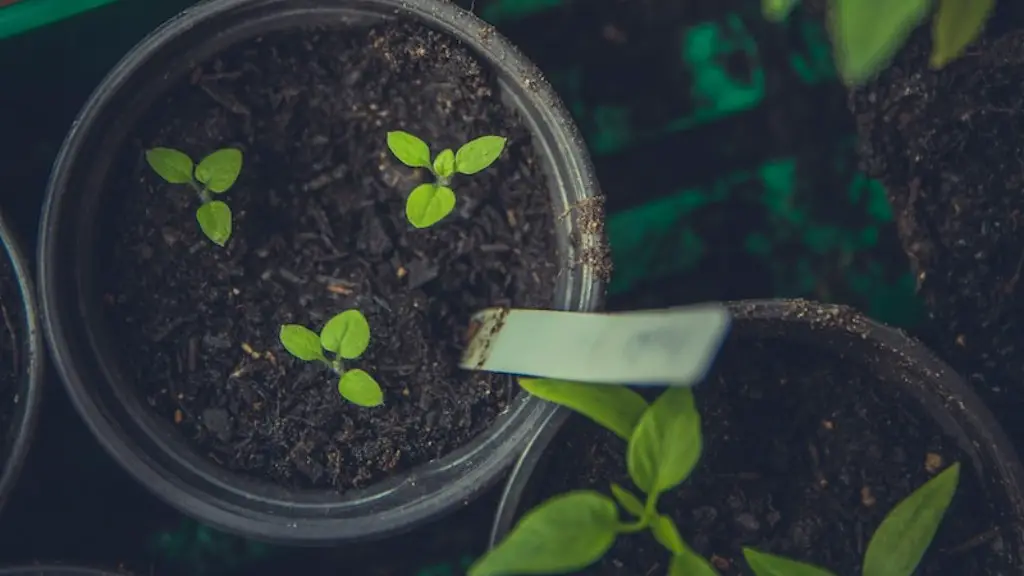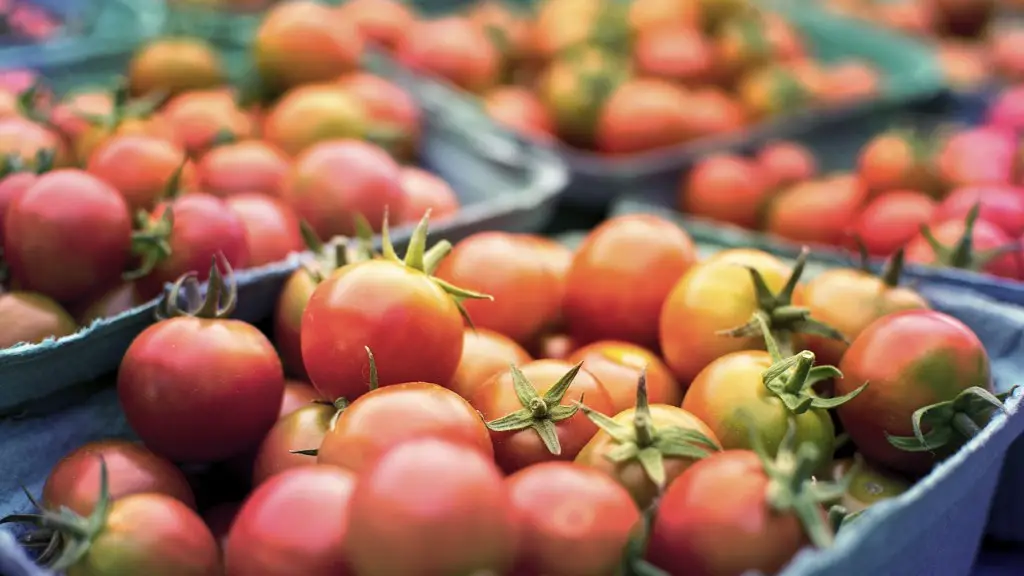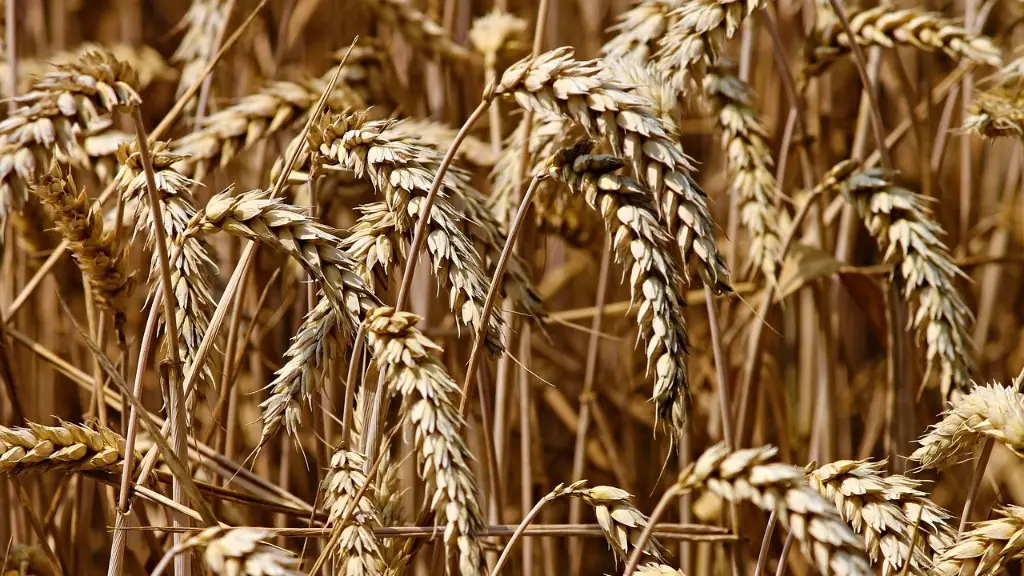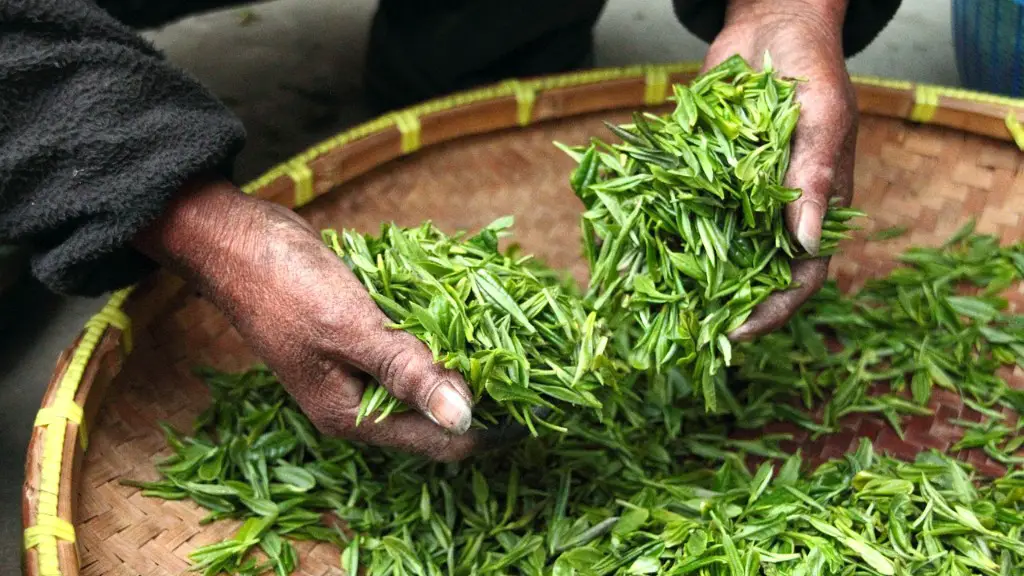AT Agriculture, we aim to provide our students with the best possible advice, direction, and education so that they can reach their potential in the field of agriculture. We believe that with the right guidance, our students can learn to cultivate their own land and become outstanding agriculturalists.
A level agriculture is the study of the principles and practices of agricultuae, with a focus on the production of food and other crops. It includes the study of animal husbandry, crop production, and soil science.
What is levelling in agriculture?
Land leveling is a process that generally involves the use of mechanized equipment to grade agricultural land according to a detailed engineering survey, design, and layout. In most cases, the final product of land leveling will not be a completely level field. However, there are a few special situations where this may be the case.
The highest paying jobs in agriculture are agricultural engineer, agronomist, agricultural food scientist, veterinarian, winemaker, farm manager, and agricultural sales representative.
Is it hard to get a job in agriculture
There are many ways to find a career in agriculture. One way is to look online for job postings. Another way is to look for agriculture-related programs at colleges and universities. There are also many professional organizations that focus on agriculture-related careers. Finally, you can always talk to someone who is already working in the field of agriculture to get some advice.
Agriculture courses are highly interdisciplinary, requiring students to have a good grasp of both natural sciences and social sciences. Areas such as biology, environmental sciences, chemistry, economics and business and management are all important for students of agriculture.
Why do farmers use an A level?
Farmers level the field before sowing because it helps with pest and disease control, increases the farming area, and improves crop management and water management. This results in higher yields and a healthier crop.
There are four main types of leveling in surveying: direct leveling, trigonometric leveling, barometric leveling, and stadia leveling.
Direct leveling is the most common type of leveling. It involves measuring the vertical distance between two points using a level and a leveling rod.
Trigonometric leveling is a type of leveling that uses triangulation to determine the elevation of a point. It is often used in mountainous areas where direct leveling is not possible.
Barometric leveling is a type of leveling that uses atmospheric pressure to determine the elevation of a point. It is often used in areas where trigonometric leveling is not possible.
Stadia leveling is a type of leveling that uses a stadia rod to determine the elevation of a point. It is often used in areas where direct leveling is not possible.
What is the best ag school in the us?
The University of California Davis, Harvard University, and the University of Illinois Urbana-Champaign are the best global universities for agricultural sciences in the United States, according to a new ranking.
The ranking, which was released today by U.S. News & World Report, surveyed more than 1,250 universities around the world and evaluated them on criteria such as academic research and reputation.
The University of California Davis topped the ranking, followed by Harvard University and the University of Illinois Urbana-Champaign. Michigan State University, Purdue University, and the University of Wisconsin Madison rounded out the top six.
The ranking is good news for the agricultural sciences, which have been undervalued in recent years. “The ranking is a recognition of the important role that agricultural sciences play in solving global problems,” said UC Davis Chancellor Larry Vanderhoef.
The ranking is also a reminder of the importance of public universities, which are often the leaders in agricultural research. “This ranking is a tribute to the public university tradition of land-grant universities,” said Iowa State University President Gregory Geoffroy.
The ranking is sure to be a boost for the agricultural sciences and for the universities that are leading the way in this important field.
BSc Agriculture is not a tough course. The course is designed to prepare students for a career in agriculture and it is one of the most popular majors at universities. The coursework is challenging, but it is not overly difficult.
What is the most recognized career in agriculture
To become a food scientist, you will need to have at least a bachelor’s degree in food science or a related field. Many food scientists also have a master’s degree or PhD. Once you have your degree, you can find a job with a food company, the government, or a private research lab.
Agriculture is a great opportunity to make an income, whether on a large or small scale. There are also a lot of career options in agriculture. As the world keeps revolving, there are now different ways you can earn from agriculture without owning a farm or even being physically present on the farm. For example, you can work as an agricultural consultant, providing advice and guidance to farmers on how to improve their operations. You can also work in the research and development side of things, developing new and improved methods and products for farmers to use. There are also opportunities to work in sales and marketing, helping farmers to sell their products. So, if you’re interested in a career in agriculture, there are many options available to you.
Can you make good money in agriculture?
There are many great career opportunities within the field of agriculture, with the potential to earn a very good salary. Areas of focus can include soil science, plant life cycles, irrigation, or farm machinery. Another possibility is working as a livestock veterinarian. Whatever area you choose to specialize in, there are good chances to earn a very good income.
The average salary for a BSc Agriculture graduate can range anywhere between INR 25-6 LPA. Many considerable factors like college, skills, experience, professional position play a significant role in determining the salary. With 2-3 years of experience in the industry, you can earn anywhere between INR 4-6 LPA.
What are the fastest growing careers in agriculture
The job market in the agriculture, food, and natural resources sector is projected to grow significantly in the next decade. Here are the 10 fastest-growing occupations in this field, according to data from the US Bureau of Labor Statistics:
1. Animal Caretakers: Projected Job Growth: 1647%
2. Pest Control Workers: Projected Job Growth: 802%
3. Refuse and Recyclable Material Collectors: Projected Job Growth: 718%
4. Agricultural Equipment Operators: Projected Job Growth: 662%
5. Soil and Plant Scientists: Projected Job Growth: 520%
6. Agricultural Inspectors: Projected Job Growth: 461%
7. Agricultural Workers: Projected Job Growth:419%
8. Food Scientists and Technologists: Projected Job Growth: 418%
9. Conservation Scientists and Foresters: Projected Job Growth: 381%
10. Food Service Managers: Projected Job Growth: 351%
These occupations are expected to grow much faster than the average for all occupations, so if you’re interested in a career in agriculture, food, or natural resources, these are some good options to consider.
This is an exciting opportunity for anyone interested in a career in agriculture. The job will allow you to apply your engineering knowledge in a real-world setting and gain valuable experience in the industry. If you have a keen interest in agriculture and want to make a difference, this is the perfect job for you.
What are the 4 types of agriculture?
Livestock production is the branch of agriculture concerned with the raising of animals for meat, milk, eggs, wool, or other products.
Crop production is the branch of agriculture concerned with the growing of crops for food, fuel, or other products.
Agricultural economics is the branch of economics that deals with the production, distribution, and consumption of goods and services in the agricultural sector.
Agricultural engineering is the branch of engineering that deals with the design, construction, and operation of systems for the production of food, fuel, or other products in the agricultural sector.
AS levels are generally considered to be equivalent to the first year of an A level course, and A levels are generally considered to be equivalent to the second year of an A level course.
Do A levels really matter
Universities will not be affected by the presence or absence of AS grades on your Ucas application. They will be mindful of the fact that not all schools offer AS-levels.
A Levels or equivalent level 3 qualifications give you the UCAS points you need to study at the undergraduate level. Besides its pivotal role in accessing higher education, A Level study also gives you the essential skills you need to flourish academically and professionally. A Levels give you the opportunity to study a subject in depth, and the skills you develop will be transferable to any future studies or work. If you are looking to pursue a career in a particular field, studying A Levels in relevant subjects will give you a head start.
Final Words
A level agriculture typically refers to the study of farming and agricultural practices at the secondary education level. Students who undertake this type of study usually have an interest in working in the agricultural industry or in a related field. Agriculture courses typically cover topics such as crop production, soil science, animal husbandry, and agricultural economics.
In conclusion, a level agriculture is a great way to learn about the agricultural industry and to prepare for a career in this field. There are many different aspects of agriculture that you can study, and you will have the opportunity to learn about the latest technologies and practices used in the industry. With a level agriculture, you will be able to find a career that is both challenging and rewarding.





